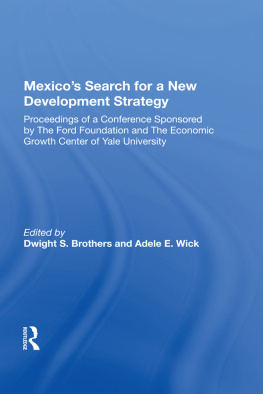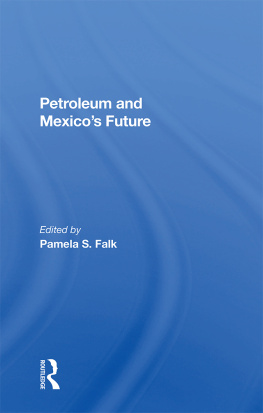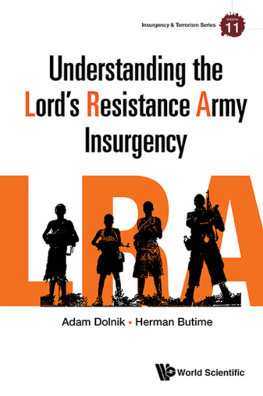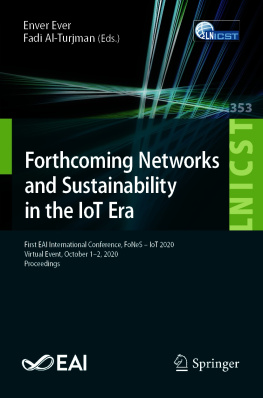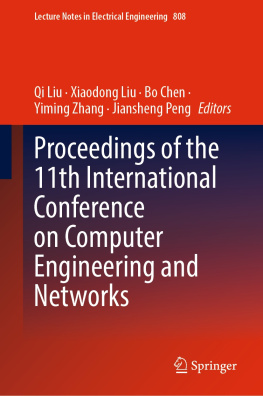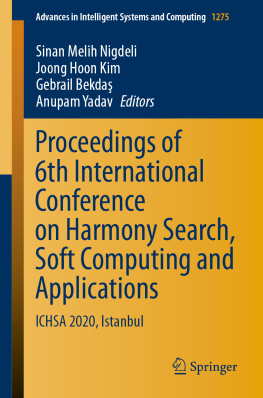First published 1990 by Westview Press
Published 2018 by Routledge
52 Vanderbilt Avenue, New York, NY 10017
2 Park Square, Milton Park, Abingdon, Oxon OX14 4RN
Routledge is an imprint of the Taylor & Francis Group, an informa business
Copyright 1990 by Taylor & Francis
All rights reserved. No part of this book may be reprinted or reproduced or utilised in any form or by any electronic, mechanical, or other means, now known or hereafter invented, including photocopying and recording, or in any information storage or retrieval system, without permission in writing from the publishers.
Notice:
Product or corporate names may be trademarks or registered trademarks, and are used only for identification and explanation without intent to infringe.
Library of Congress Cataloging-in-Publication Data
Mexicos search for a new development strategy / edited by Dwight S.
Brothers and Adele E. Wick.
p. cm.
ISBN 0-8133-7880-X
1. MexicoEconomic policy1970- . I. Brothers, Dwight
S., 1929- .
II. Wick, Adele E.
HC135.M574 1990
338.972dc20
89-27600
CIP
ISBN 13: 978-0-367-01329-5 (hbk)
After a prolonged period of developmental retrogression Mexico appears to be poised for what will inevitably be a difficult struggle to recover lost ground. Clearly the most fundamental challenge confronting the Salinas administration is that of correctly formulating and effectively implementing a coherent strategy for guiding the country toward the objectives of financial stability, economic growth and socio-political development which have been largely subordinated to the imperatives of crisis management throughout much of the past decade.
There is under way in Mexico a determined search for the most promising strategy for achieving the countrys interrelated economic policy objectives in the immediate future and throughout the 1990s. During the first several months following installation of the new administration in December of 1988 the shape of the strategy to be adopted began to emerge in the form of a series of policy pronouncements rather than as a comprehensive strategic conception. It was evident that a unique opportunity existed during this formative period for bringing together under intellectually respectable and politically neutral auspices a representative selection of Mexican and non-Mexican academicians, statesmen and other knowledgeable and involved individuals whose breadth of wisdom and variety of viewpoints could be utilized to facilitate in a timely manner the Mexican process of development strategy formulation. This was the fundamental rationale underlying the Yale/Mexico Conference.
The Conference was convened in New Haven on April 46, 1989. The program was organized around four themes: (1) the economic and socio-political context; (2) contemporary macroeconomic problems and policy issues; (3) alternative development strategies and policy instruments; and (4) financial sector reform agenda. Additional observations regarding U.S.-Mexico relations and the Yale-Mexico connection were made by speakers at the keynote banquet, and historical perspective was provided by a presentation made during a midpoint luncheon. The program plan, including identification of the principal contributors, is contained in the Appendix to this volume.
As indicated, the program plan provided for outstanding authorities to present commissioned papers in regular, banquet and luncheon sessions. A commentator was designated in advance for each commissioned paper, and other participants were invited to make contributions during the discussion periods. Each of the four plenary sessions was directed by distinguished chairpersons (namely Victor Urquidi, Anne Krueger, Rodney Wagner and James Tobin) who managed to fit the ambitious agenda into the allotted times while also making their own observations and providing opportunities for questions and statements from the audience.
The program was conducted according to plan in most respects, although some modifications were required to accommodate scheduling conflicts and time constraints. Another divergence from the original concept was that during the period immediately preceding the Conference a substantial number of requests were received for permission to attend. Most of these were undeniable coming as they did from interested university, governmental and international agency sources. Altogether approximately 100 people attended some or all of the Conference sessions, of whom upwards of 40 had preassigned roles and an additional 30 or so participants spoke extemporaneously. While the last-minute scheduling adjustments and the enlarged participation detracted from the orderliness of the program, for the most part these developments served to illustrate the contemporary relevance of the proceedings and to contribute to the sense of spontaneity and goodwill that permeated the entire affair.
The contributing authors were, of course, free to choose the orientations and emphases of their respective papers within the limits of the main themes. Although a few actual titles and topics diverged somewhat from anticipations, the original conception was not greatly altered. There were, however, some surprises in the ways the authors carried out their assignments andeven more soin the responses to their presentations by the designated commentators and discussants who came forward from the audience.
In addition to assisting Mexicos search for a new, more viable development strategy the Conference had the following subsidiary objectives:
- Contributing to a wider understanding of contemporary economic and related socio-political issues and constraints;
- Appraising the findings and recommendations of the Bilateral Commission on future United States-Mexico relations; and,
- Identifying priorities for public policy research both in Mexico and elsewhere.
It was recognized, of course, that the published proceedings would be the principal means for pursuing these objectives.
The Economic Growth Center (EGC), an affiliate of the Economics Department at Yale University, was an especially appropriate sponsoring agency for the Conference because of its reputation as an outstanding research and training institution concerned with developing countries. Furthermore, an impressive number of leading Mexican economists and government officials have had prior associations with the EGC faculty while pursuing their professional degrees at Yale. The Conference provided a timely opportunity for reaffirmation of this long-standing Yale-Mexico relationship. We are grateful in this regard to The Honorable Gustavo Petricioli, Ambassador of Mexico to the United States and one of the first Mexican economists to do his professional preparation at Yale, for his thoughtful and witty remarks during the key-note banquet.

